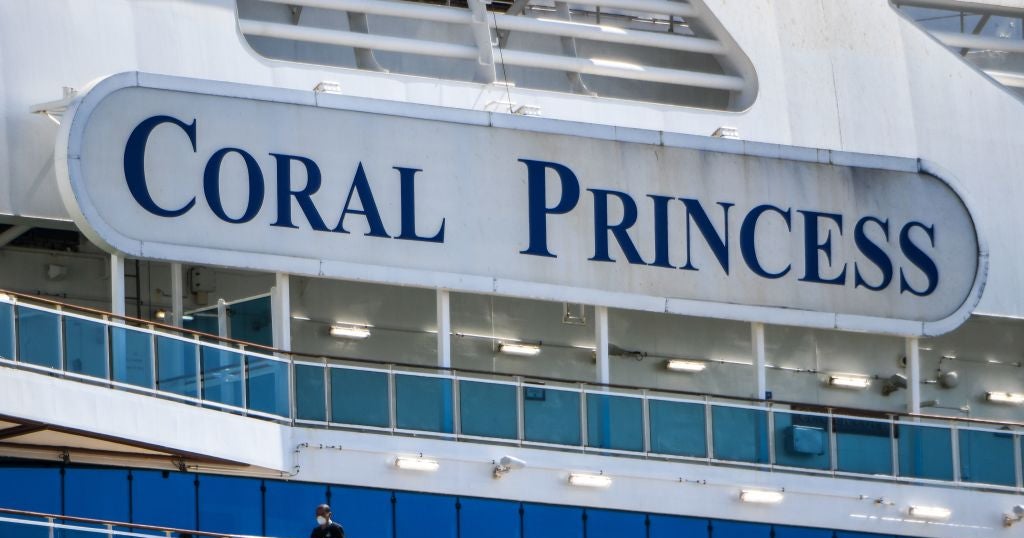Space station crew wraps up 168-day mission
A Russian cosmonaut, a NASA flight engineer and a Japanese physician-astronaut strapped into their Soyuz ferry ship early Sunday, undocked from the International Space Station and plunged back to Earth, landing on the steppe of Kazakhstan to close out a 168-day mission.
With Soyuz MS-07 commander Anton Shkaplerov monitoring cockpit displays from the crew module's center seat, flanked on the left by co-pilot Scott Tingle and on the right by Japanese physician-astronaut Norishige Kanai, the Russian spacecraft separated from the station's Rassvet module at 5:16 a.m. EDT (GMT-4) and quickly pulled away.
After moving to a point about 12 miles from the outpost, Shkaplerov and Tingle monitored an automated four-minute 40-second rocket firing, beginning at 7:47 a.m., slowing the ship by about 286 miles an hour and dropping the far side of the orbit deep into the atmosphere to set up the descent to Kazakhstan.
Oriented heat shield forward, the central crew module slammed into the discernible atmosphere at an altitude of about 62 miles around 8:17 a.m., enduring re-entry temperatures of more than 2,000 degrees Fahrenheit before slowing enough to deploy a huge parachute.
"That was a good ride!" Tingle exclaimed a few moments later.
Descending through a clear sky, the charred crew module landed on target near the town of Dzhezkazgan at 8:39 a.m. (6:39 p.m. local time).
Russian recovery crews, along with U.S. and Japanese personnel, were deployed near the landing site to help the returning station fliers out of the cramped capsule for initial medical checks and satellite phone calls home to family and friends.
Resting in recliners just a few feet from their spacecraft, all three men appeared healthy and in good spirits, enjoying fresh air and an open sky for the first time in five-and-a-half months, along with the unfamiliar tug of gravity.
"We're feeling well," Shkaplerov said. "A bit tired, at the same time we're proud to have accomplished (our mission) and glad to be back on Earth. We're glad that the weather is beautiful. The landing was quote-unquote 'soft.'"
In a final blog post before leaving the station, Tingle said he looked forward to getting home to his family and "then begin recovery for living on Earth...with gravity...ugh."
"I would like to thank all of you for following along on this incredible adventure, an adventure that started for me many years ago, and a journey that you have supported each step of the way."
All three crew members were to be flown by helicopter to Karaganda for a Kazakh welcome ceremony before splitting up for the final leg of the trip home. Tingle and Kanai will be flown back to the Johnson Space Center in Houston while Shkaplerov will head to Star City near Moscow for debriefing.
With touchdown, Tingle and Kanai will have logged 168 days off the planet during their first space flight, a voyage spanning 2,688 orbits and 71.2 million miles since launch last Dec. 17. Shkaplerov, a veteran of two earlier station visits totaling a full year, will have logged a cumulative 532 days in space.
With the Soyuz MS-07 crew safely back on Earth, engineers 250 miles away at the Baikonur Cosmodrome will press ahead with plans to launch three fresh crew members to the space station Wednesday, a rapid-fire turnaround that will prevent any slowdown in science aboard the lab complex.
Soyuz MS-09/55S commander Sergey Prokopyev, German flight engineer Alexander Gerst and NASA astronaut Serena Auñón-Chancellor are scheduled for takeoff from Yuri Gagarin's launch pad at 7:12 a.m. Wednesday, the moment Earth's rotation carries the firing stand into the plane of the space station's orbit.
If all goes well, Prokopyev and Gerst will monitor an automated two-day rendezvous with the space station, docking at the Rassvet module around 9:07 a.m. Friday. Standing by to welcome them aboard will be Expedition 56 commander Drew Feustel, flight engineer Ricky Arnold and cosmonaut Oleg Artemyev, commander of the Soyuz MS-09/55S spacecraft that carried them into orbit March 21.
Gerst spent 165 days aboard the station in 2014, but Prokopyev and Auñón-Chancellor will be making their first flights. Auñón-Chancellor, a veteran flight surgeon, originally was assigned to a mission later this year, but she was moved up to the Soyuz MS-09 crew after one of its original crew members, astronaut Jeanette Epps, was suddenly bumped from the crew in January.
NASA managers, citing privacy issues, would not discuss what triggered the crew swap. Auñón-Chancellor said only that she planned to be ready for launch despite an accelerated training schedule and that she already was on good terms with her new crewmates.
"It's a relatively short amount of time from the crew assignment, but I've known these guys for a very long time," she said. "Alex and I were selected in the very same (astronaut) class and even from the beginning, when I started training in Russia, I'd also met Sergey. So, for us, in all honesty, this is like one big family. It was not uncomfortable at all, it was extremely smooth.
"I feel like I've been working with these guys forever," she added. "It's been very easy. ... Our families have gotten together several times. It's been a lot of fun."






